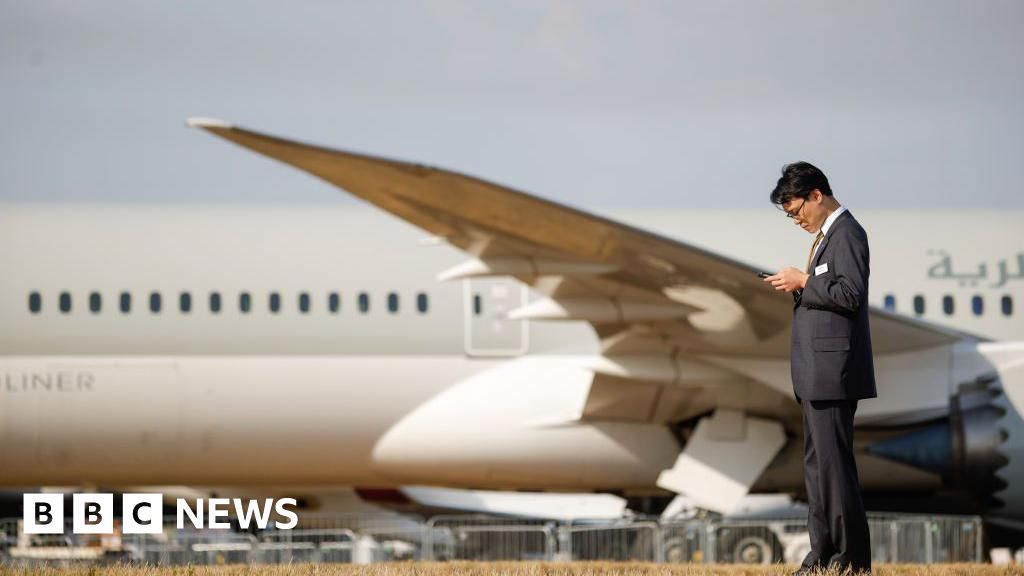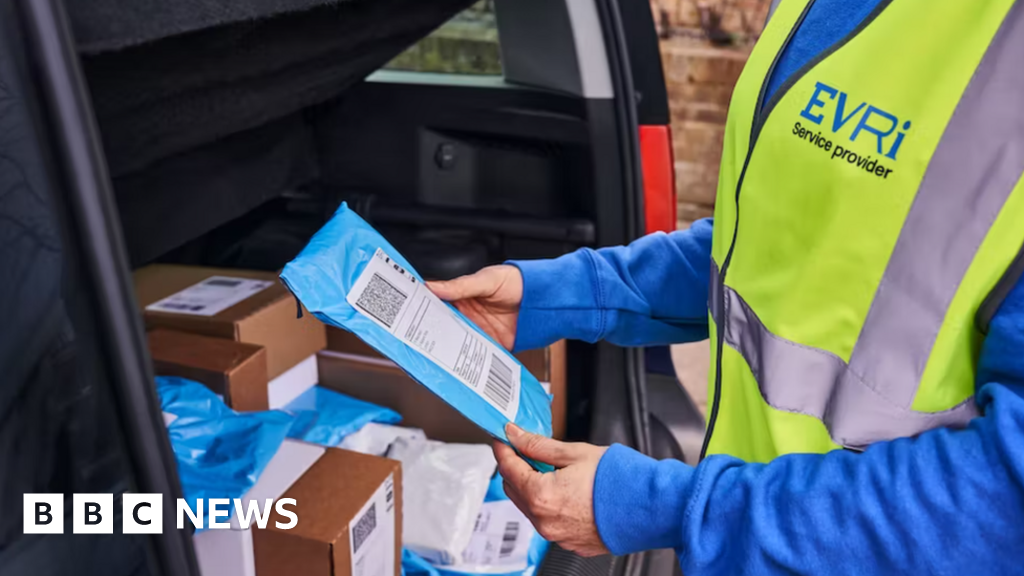ARTICLE AD BOX
Image source, Getty Images
The Highway Code is to be changed in anticipation of the first "self-driving" vehicles on UK roads, the government has said.
The guidance will set out how drivers must be ready to resume control when prompted.
Mobile-phone use, for example, will be prohibited, even when the car is in "self-driving" mode.
Technology to use in congested traffic could be some of the first approved, the government said.
Automated lane-keeping system (ALKS) technology lets a vehicle drive in a single lane, up to 37mph (60kmph) , while maintaining the ability to return control to the driver when required.
Currently available technology is "assistive"', which means drivers should always retain control, the government said.
A number of safety incidents in recent years have highlighted the risks if drivers fail to remain alert.
'Distracting drivers'
Under the new guidance, motorists should be ready take control from an automated system when prompted, when approaching a motorway exit, for example.
The government also plans to change current regulations, to allow drivers to view content on built-in display screens while the car is self-driving.
But it will "still be illegal to use mobile phones in self-driving mode, given the greater risk they pose in distracting drivers, as shown in research".
Experts suggested this is because a vehicle can stop built-in screens displaying material unrelated to driving when the motorist is required to resume control but there is no comparable system to turn off handheld mobile devices.
Thatcham Research chief research strategy officer Matthew Avery said: "The announcement's focus on the driver's legal responsibilities is important, especially when it comes to taking back control from the system.
"This is an area of risk and it's important that drivers are aware that they must remain engaged and be ready to resume the driving task at any time."
'Interim measure'
The Department for Transport said the first vehicles approved for "self-driving" could be ready for use "later this year" and amendments to the Highway Code are expected in the summer.
The changes are described as "an interim measure" while a full legal framework is being developed to be in place by 2025.
The Law Commission published recommendations on how the law should be updated in light of self-driving technology in January.
Eventually, self-driving technology could "improve road safety across Britain by reducing human error, which is a contributory factor in 88% of all recorded road collisions", the government said.
However, the technology for fully autonomous vehicles has proven difficult to safely realise and previous estimates of when cars will be able to drive themselves have been too optimistic.
In his 2017 Budget, the then Chancellor, Philip Hammond, promised driverless cars would be on British roads by 2021.

 3 years ago
124
3 years ago
124








 English (US) ·
English (US) ·